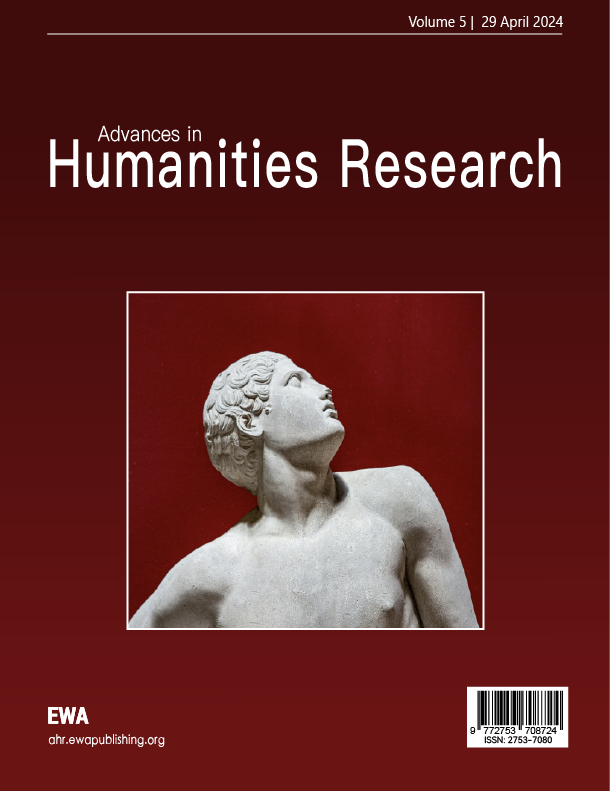References
[1]. Baidu. (2023, May 9). World War II brought 8 results to the world, and to this day, the international situation is still affected by it. Baidu.com. https: //mo.mbd.baidu.com/r/1qyiOhB9fqg?f=cp& rs=468303374& ruk=rL4UyNugvbgrvzh11hbPMw& u=f5a03582e727908e
[2]. Churchill, W. (1946, March 5). “Iron curtain” speech. The National Archives. https: //www.nationalarchives.gov.uk/education/resources/cold-war-on-file/iron-curtain-speech/%23: ~: text%3DIt%20is%20my%20duty%20however, has%20descended%20across%20the%20Continent
[3]. Truman Library. (2020). The Marshall Plan and the Cold War | Harry S. Truman. Trumanlibrary.gov. https: //www.trumanlibrary.gov/education/presidential-inquiries/marshall-plan-and-cold-war
[4]. Huang, H., & Zhang, Y. (2022, April 8). The provocation of ideological confrontation is the result of the “Cold War mentality.” Guangming Net. https: //news.gmw.cn/2022-04/08/content_35642689.htm
[5]. Xue, M. (2018). Analysis of the Sino-Soviet controversy and the reasons for the deterioration of Sino-Soviet relations. Shangqing. https: //doi.org/10.3969/j.issn.1673-4041.2018.22.230
[6]. Baiburin, A., & Kelly, C. (2018). Epokha Brezhneva v antropologicheskoy retrospektive [The Brezhnev Era in Anthropological Retrospective].Antropologicheskij Forum, 14(37), 11–19. https: //doi.org/10.31250/1815-8870-2018-14-37-11-19
[7]. Hoey, F. (2015). The Nixon Doctrine and Japan’s Defence Policy, 1969–1971.Palgrave Macmillan UK EBooks, 119–137. https: //doi.org/10.1057/9781137457639_7
[8]. Yu, W. (2009). An Analysis of the Reason and Decision of Soviet Russia Dispatching Troops to Afghanistan.Journal of Shanxi Normal University(Social Science Edition), 36(6), 115–118. https: //doi.org/10.3969/j.issn.1001-5957.2009.06.025
[9]. Collins, G., & Krane, J. (2017). ater Doctrine 3.0: The New Gulf-Asia-US Oil Security Nexus . In Baker Institute.Rice University’s Baker Institute for Public Policy. https: //www.bakerinstitute.org/sites/default/files/2018-02/import/ces-pub-seasia-carter-071917.pdf
[10]. Liu, C. (2009). An Analysis of the Reagan Administration’s “Low-Intensity War” Strategy. cnki.cgl.org.cn. http: //cnki.cgl.org.cn/kcms/detail/detail.aspx?DbCode=CMFD& filename=2009258492.nh
[11]. Lu, N. (2022). A Brief Discussion and Implications of the Economic Development History of the Soviet Union: From the Period Before the October Revolution to Lenin’s Time.Journal of China Executive Leadership Academy Pudong, 16(4), 80–101. CNKI.
[12]. Wu, S. (2023). Analysis of the Outbreak of the Cold War and Its Impact on Armed Conflict.Lecture Notes in Education Psychology and Public Media, 23(1), 29–32. https: //doi.org/10.54254/2753-7048/23/20230355



